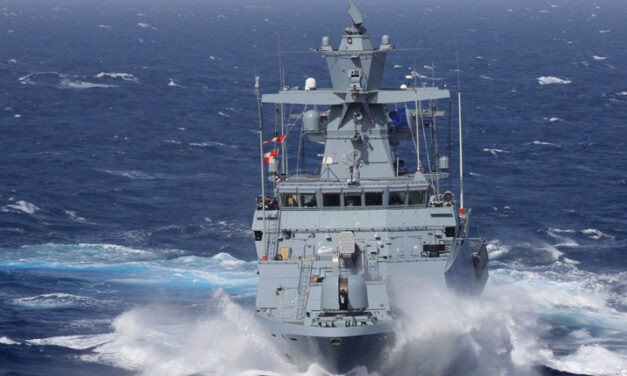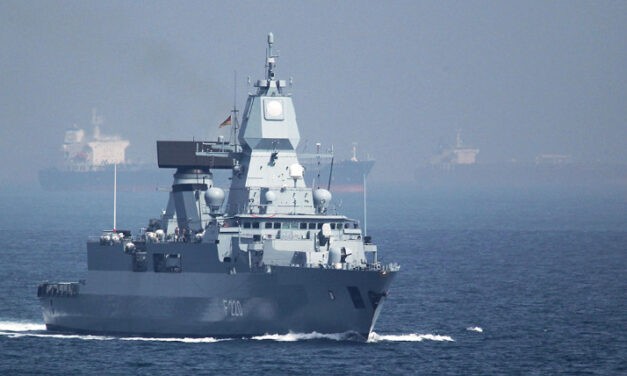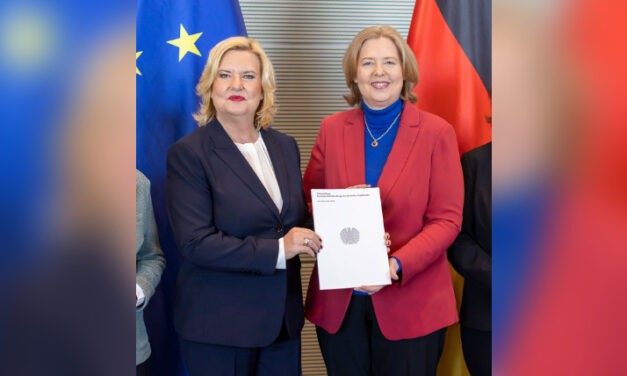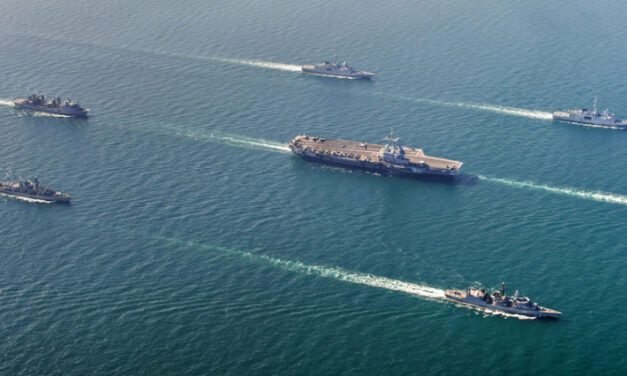On the shopping list
New weapons, autonomous systems and global availability - navies that want to be successful in the international arena are facing major challenges. The second part of "Turning Point at Sea" identifies the most important areas of action. When looking at different types of ships, the focus is on aircraft and helicopter carriers, large amphibious landing ships, drone carriers and submarines. Their size is increasing noticeably. Cruisers with a massive arsenal of guided missiles make a comeback. Destroyers, frigates and corvettes are being procured as standard, also with more tonnage and increased armament. Frigates are the standard surface combatant for extended missions with complex tasks and weapons. The fleet lists currently show 575 units. Until...
Weiterlesen






Latest comments